Which Cars Are Going Electric In The Future?
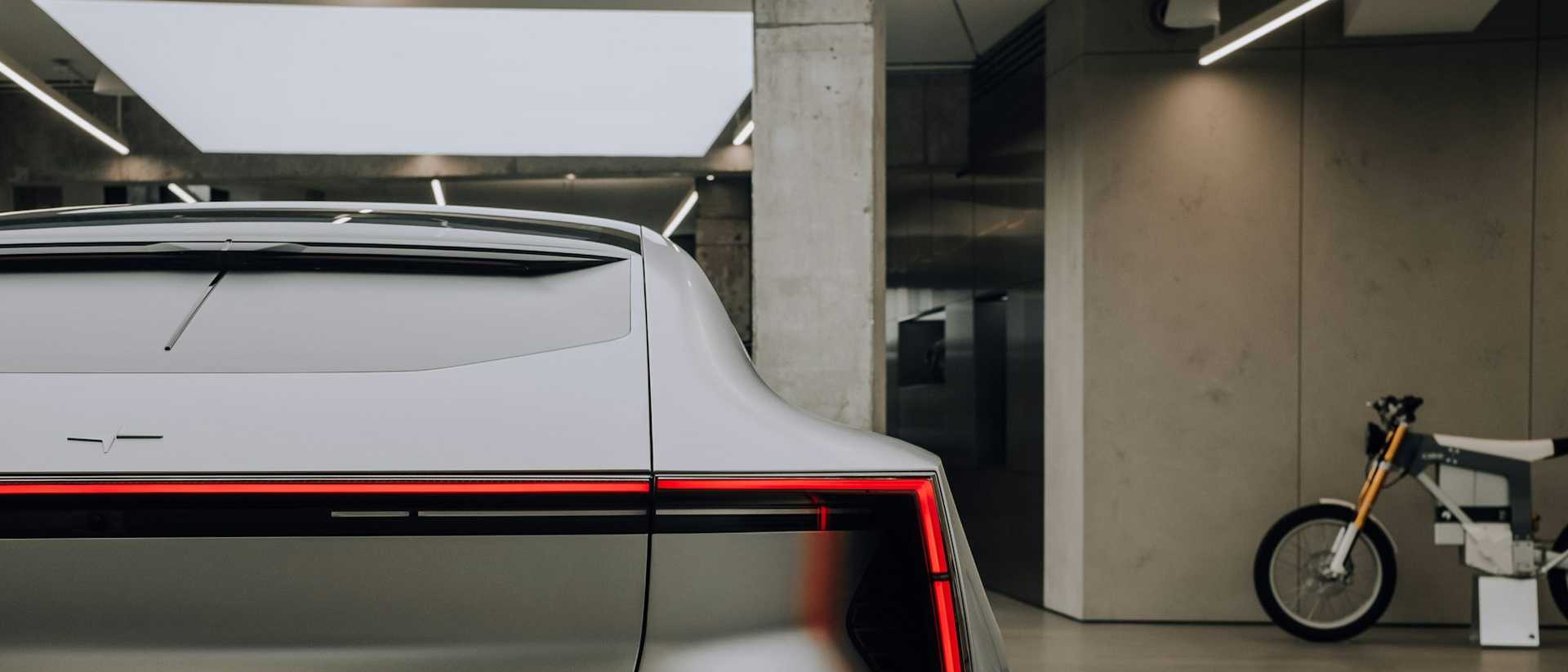
So why are vehicles going electric?
Electric vehicles (EVs) are becoming more popular around the world for a variety of reasons. Their obvious benefits over traditional gasoline-powered cars include lower emissions, lower operating costs, and reduced dependence on fossil fuels. Additionally, electric vehicles are more robust than combustion engine cars and require less maintenance. Carmakers have made public commitments to electrification, with many pledging to have a majority, if not all of their models be electric in the near future.
The shift to electric cars is also being driven by government incentives, such as tax credits for buyers of electric vehicles, investment in charging infrastructure, and other measures that make electric vehicles more attractive to consumers. Additionally, many cities around the world are introducing restrictions on traditional gasoline-powered cars and encouraging the use of electric vehicles.
Right now, you can find electric versions of almost any type of car, from luxury SUVs to family sedans. But in the future, this will become an even broader range with more models and makes to choose from. If you’re looking for a car that is environmentally friendly and a good long-term investment, going electric may be the way to go! Be sure to check out our article on the Best Electric Cars in Australia 2022, so you can get an idea of the models that are available now.
So, what cars are becoming fully electric?
At the end of 2021, there were 18 electric vehicles available to order in Australia. As of today, that number has more than doubled to over 40 – and it is projected to keep growing, reaching 60+ in the next 12 months. With several carmakers now setting timelines to become 100% electric, the future of automotive transportation is definitely electric! So, what cars are going electric you ask? See below to find out which popular car brands are going electric in the near future!
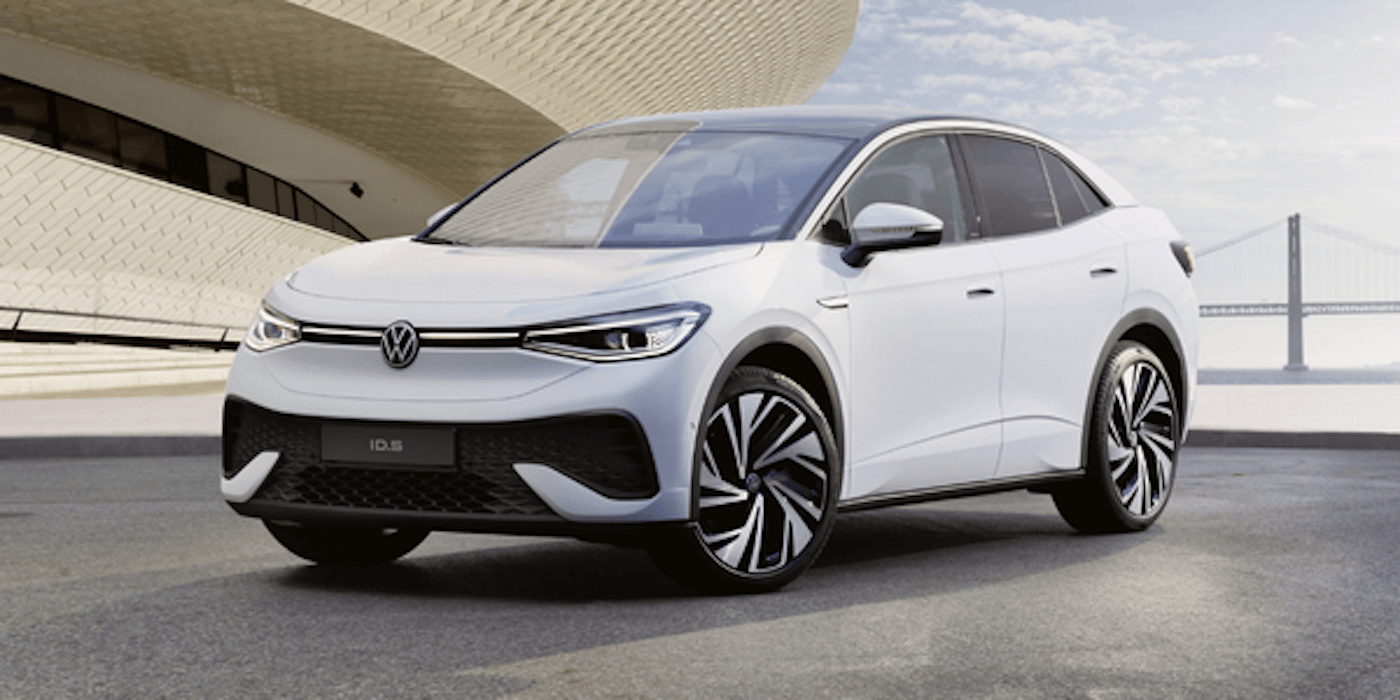
Volkswagen (VW)
Volkswagen has made a big push towards electric cars by building the world's first modular platform for all-electric vehicles called the MEB. It’s a modular electric drive matrix engineered to fit under a broad range of vehicles with electric motors, and it already serves as a foundation for many EVs currently on the market including the likes of Ford's E-transit, Audi Q4 e-Tron, Skoda Enyaq iV and Cupra Born.
VW plans to release a slew of their own EVs to the Aussie market with the new ID. series. The Volkswagen ID. series includes the ID.3 hatchback and the larger ID.4 SUV, as well as other models in development such as the ID Space Vizzion, ID Crozz and ID Buzz (an electric version of the iconic Kombi). These new releases are expected to be priced for the mid-range market rivalling Tesla's stronghold in the space.
Learn more: How much does Tesla cost in Australia?
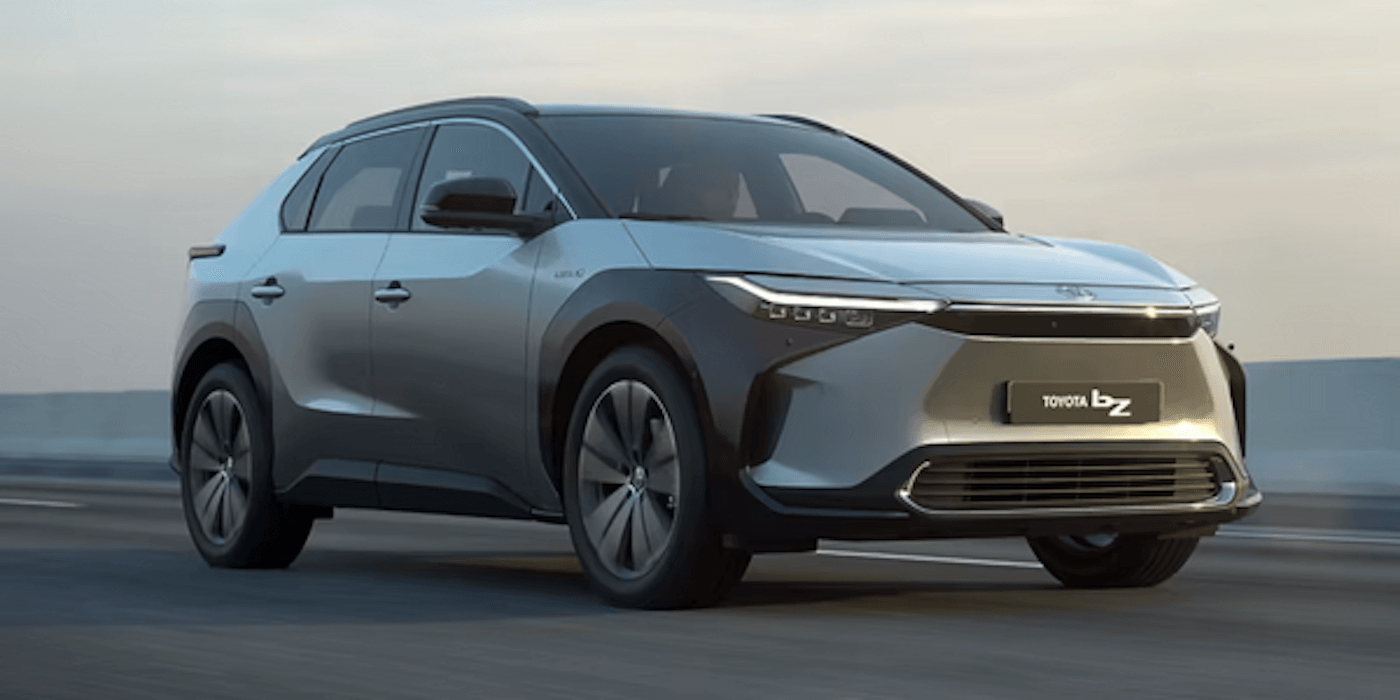
Toyota
Toyota became the poster child of the environmentally friendly car movement in the late 1990s with the launch of its Prius petrol-electric hybrid. However, Toyota has been rather reluctant to jump into the battery-electric vehicle business in recent years. Jim Adler, founding managing director of Toyota Ventures said that even though battery electric vehicles are gradually increasing in popularity, he doesn't believe they will make up the entire market. "It really will be a mixed market."
Whether you agree with Adler or not, the fact remains that electric cars are on the rise and it’s only a matter of time until they become the standard. Although Toyota has been late to move towards fully-electric cars, they have announced a $28 billion investment in a lineup of 30 battery-powered electric vehicles by 2030, while continuing to invest in hybrids such as the Prius and other potential models. The BZ4X will be their first fully electric car for the Australian market, set to release in late 2023.
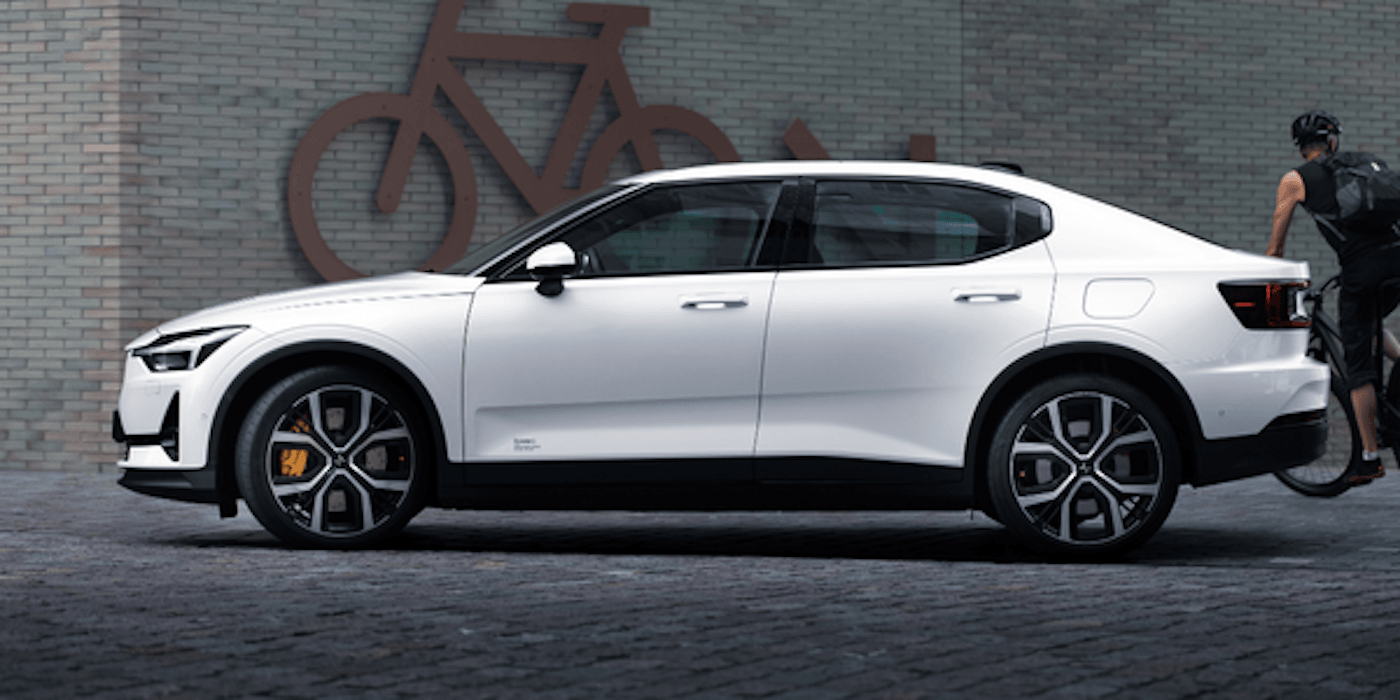
Volvo
Volvo has set the intention of evolving into an electric-only car company. The Volvo XC40 Recharge Pure Electric was the first to hit the Aussie market, winning the Best Small Luxury SUV title in Drive Car of the Year 2022. Starting at $52,990, it has a range of up to 335km and can be recharged at around the speed of charging the average smartphone, from flat to 80% in 40 minutes with a 150kW DC rapid charger.
With other well-selling EV models already on the market, such as the XC-90 and the Polestar 2 from their subsidiary Polestar (fully electric brand), it's clear that Volvo is doubling down on being a leader in the space. Volvo is also investing in new technologies such as wireless charging as the company commits to having 50% of their sales be from battery-powered cars by 2025.
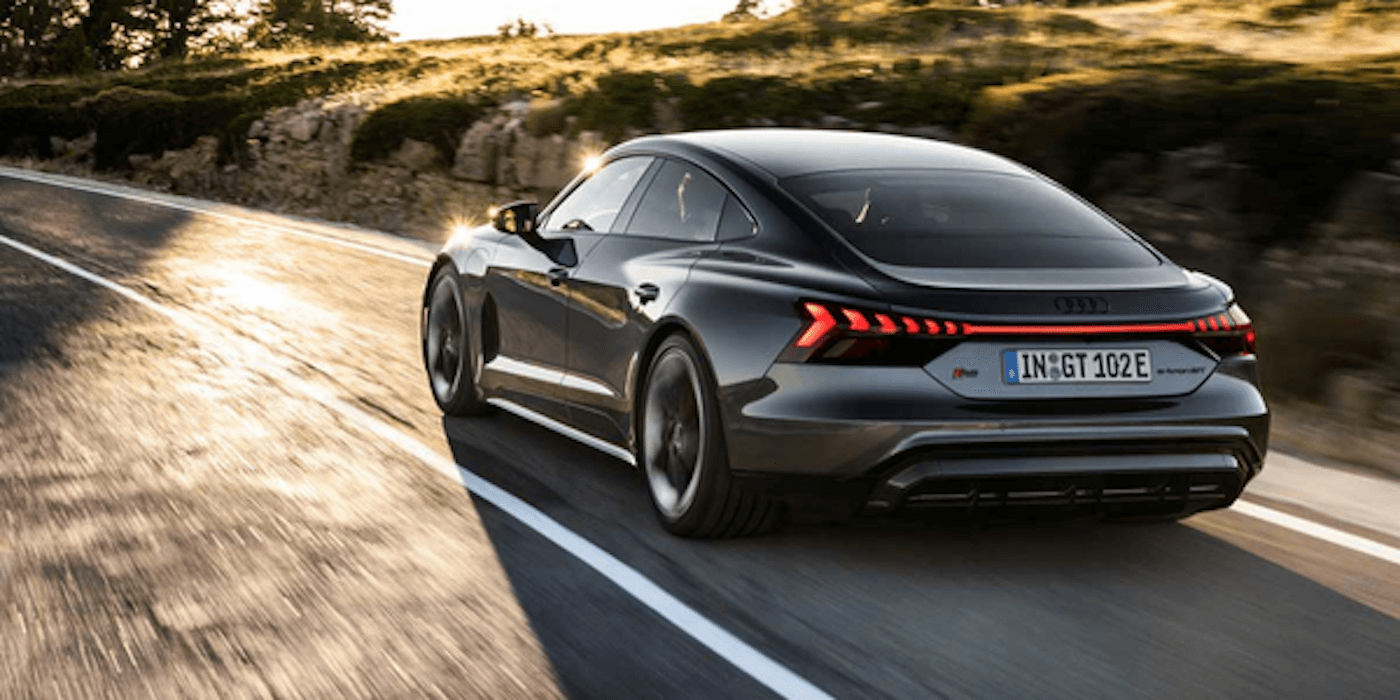
Audi
The German car maker has been one of the pioneering luxury brands in the electric vehicle market, releasing its first all-electric model, the e-Tron, in late 2019. The e-Tron is a luxury SUV that offers plenty of features and amenities, as well as a long range of up to 413 kilometres on a single charge.
Audi plans to add more EVs in the coming years, including a sports car, a compact SUV, and even electrified versions of the esteemed Audi A8. The company is also investing in autonomous driving technology and plans to have 25% of its sales be electric vehicles by 2025.
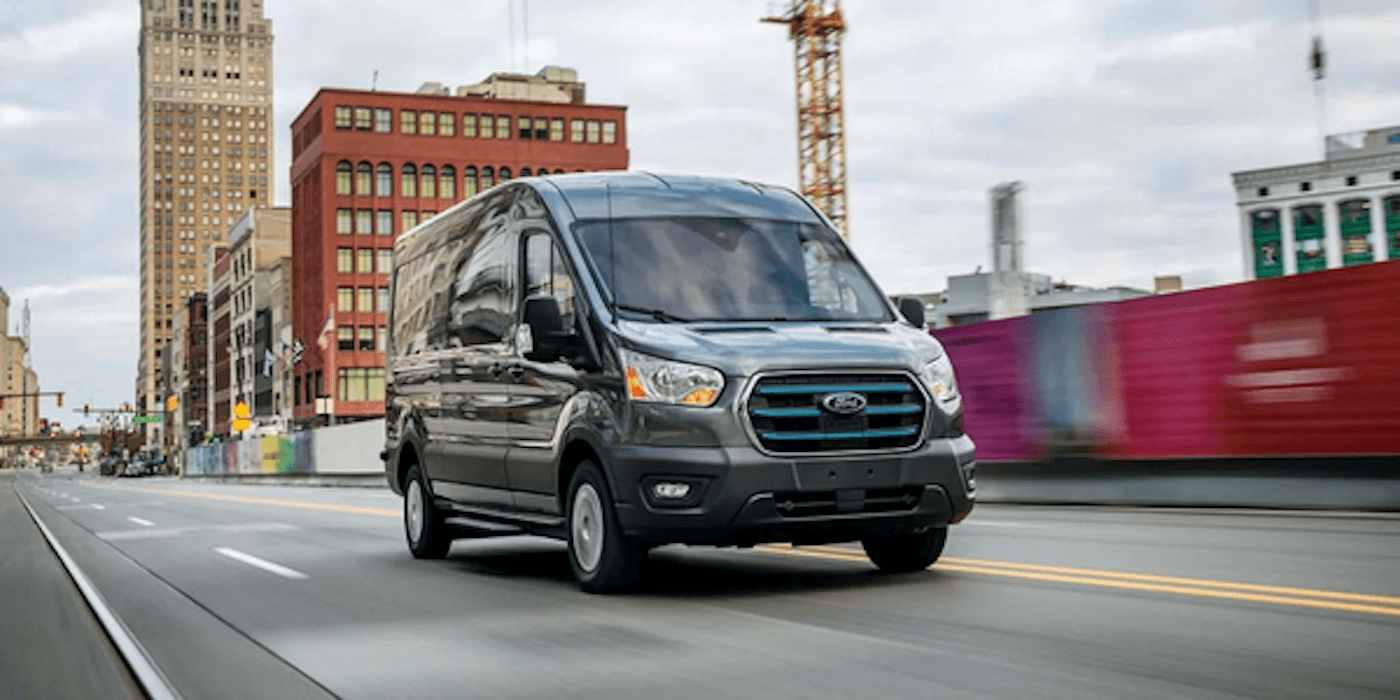
Ford
Ford is one of the many car manufacturers that are making a big push towards electric vehicles in the coming years. The first of Ford’s battery-electric vehicles to reach Australia is the E-Transit, which was released this year.
Using Volkswagen's MEB platform, E-Transit was designed for last-mile deliveries in urban areas, it has a range of about 317 km and can be charged up in about 4 hours.
Ford began production of the E-Transit in 2020 having released it in several European cities, including London, Amsterdam, and Madrid. The feedback has been positive and Ford plans to continue refining the model based in the years to come.
The E-Transit is just one part of Ford's electrification plans for the coming years, with rumours of a fully electric version of the Ford Ranger Ute joining their line of EVs. The company has set a target of releasing 5 electrified vehicles in Australia by the end of 2024, so we can expect to see plenty more EV models from them in the near future.
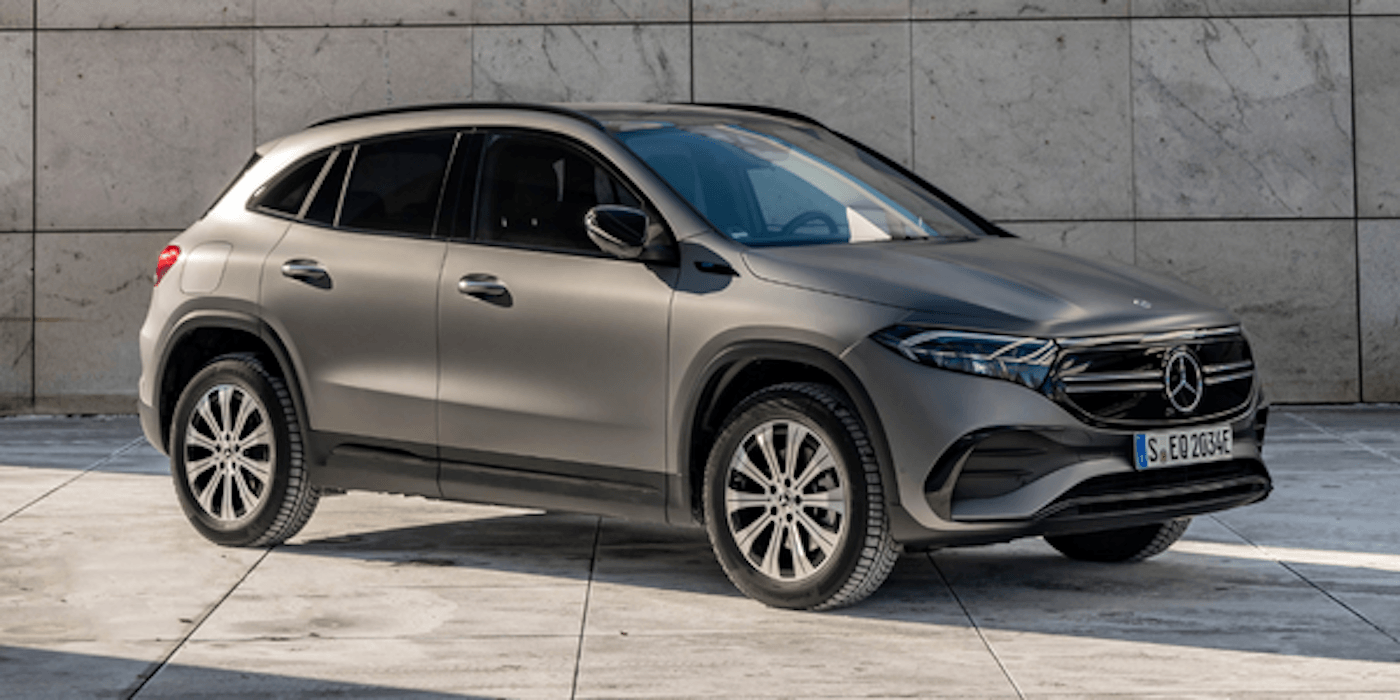
Mercedes-Benz
Mercedes-Benz has been a key player in the EV market for a number of years, with a range of models that include hybrid, plug-in hybrid, and all-electric options. Some of their most popular models include the Mercedes-Benz S 450e, the Mercedes-Benz GLE 550e, and the Mercedes-Benz E 350 de.
The company has reported having tripled its Electric car sales in 2022 and is continuing to invest in new electric models, with plans to release a total of 5 new models by 2023.
Their top electric car in Australia is the Mercedes-Benz EQA. Starting at $78,000, this small SUV has sold more than any other luxury EV, as people start to look to fully electric options when shopping for luxury cars.
Will all cars be electric eventually?
The answer is a resounding yes! With the exception of plug-in hybrids, the majority of automotive companies are investing heavily in fuel-cell electric vehicles, and the adoption of electric cars is rapidly accelerating with government incentives, improved technologies, and more affordable prices. While it will take time to transition away from traditional gas-powered vehicles, the future of transportation is firmly rooted in electric power.
As battery technology and charging infrastructure continues to advance, electric vehicles will become the norm rather than the exception. Many experts predict that by 2030, electric cars could make up 40-60% of the new car market.
So if you’re considering making the switch to an all-electric car, now is definitely the time! Driva has designed an intelligent platform that allows you to access the best possible rates from a large number of lenders, all without impacting your credit score. The Driva team can even help you bundle insurance, as well as chargers to power your new EV in a pocket-friendly way. If you’re looking to buy be sure to check out our electric car loan to get your personalised rates today!


.png)







